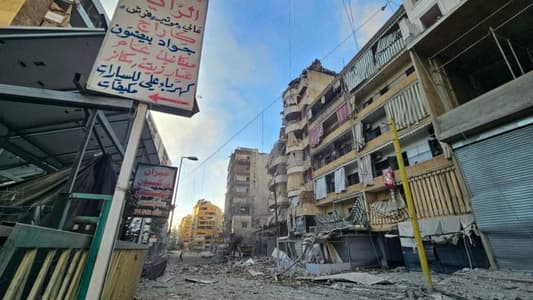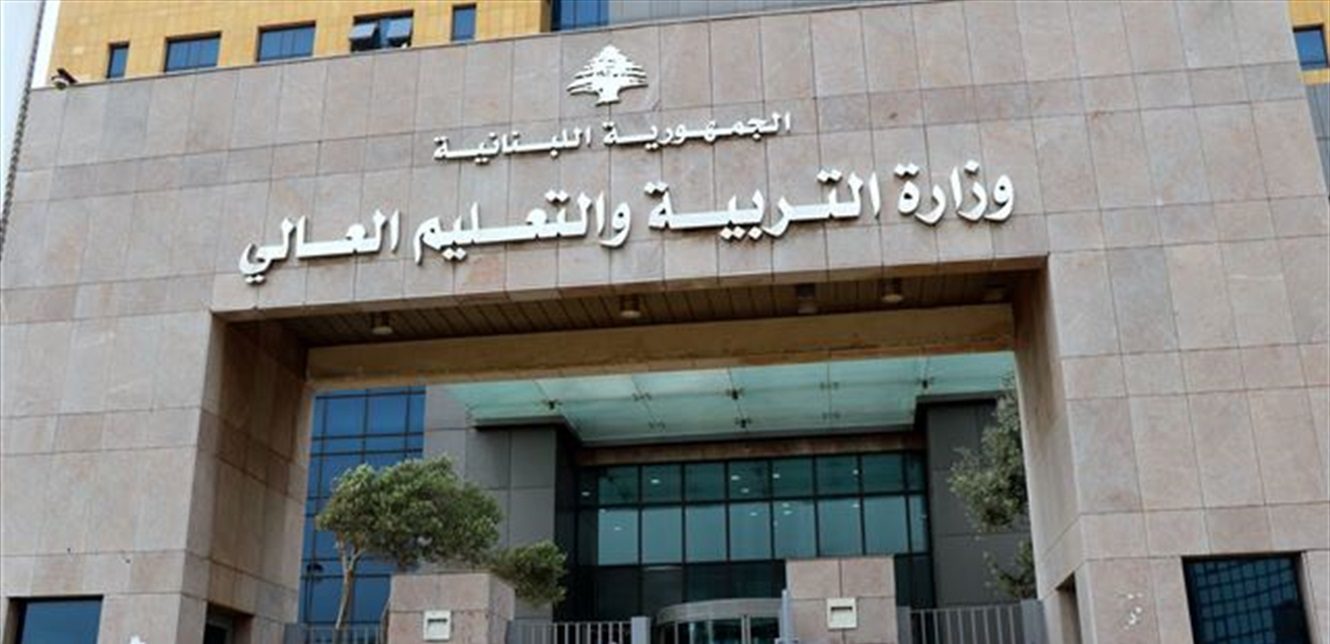أصحاب المصالح التجارية في الضاحية الجنوبية لبيروت… وتحديات الاستمرار
مع بداية الحرب الإسرائيلية على لبنان، كانت لينا الخليل، صاحبة صيدلية في الضاحية الجنوبية لبيروت، من بين أولئك الذين اضطروا لمغادرة منطقتهم. ومع ذلك، قررت العودة كل يوم لفتح أبواب صيدليتها لفترة قصيرة، على الرغم من القصف الإسرائيلي المستمر. تقول لينا: “صيدليتي أهم من بيتي. فيها أدوية قديمة تحمل رائحة تاريخية بدأت منذ عام 1956، عندما أسسها والدي.”
ورغم تزايد الغارات الجوية الإسرائيلية، لا تزال الخليل تحاول بيع الأدوية المتبقية في صيدليتها بعد نقل معظم البضاعة إلى منزلها الصيفي في إحدى القرى المجاورة. وبالرغم من التحديات، تواصل عملها جزئياً، مع تخفيض الرواتب لموظفيها بسبب تراجع الإيرادات وزيادة المصروفات.
“عائدون من الموت”
أما علي مهدي، وهو شاب من الضاحية الجنوبية، فقد اضطر إلى مواجهة تحدٍ مماثل مع شقيقه محمد، بعد أن دمرت الحرب جزءًا كبيرًا من أعمالهم العائلية التي بدأت منذ 25 عامًا. بدأت هذه الأعمال من متجر لبيع الألبسة بالجملة وتوسعت إلى مستودعات ومتاجر متعددة في مناطق كانت تُعتبر مناطق معاقل لـ”حزب الله”، الذي يخوض حربًا ضد إسرائيل.
تأثرت تجارتهم بشدة بسبب الحرب، ولكن علي تمكن من نقل البضائع إلى مواقع في بيروت. يقول علي: “كان النقل من النبطية وصور بمثابة عودة من الموت، حيث كانت الغارات الجوية والإنذارات مستمرة.” ومع ذلك، استمر الشقيقان في العمل، ولكن مع خفض الرواتب بسبب ضعف حركة البيع.
الخسائر والدمار في القطاع التجاري
تشير تقديرات البنك الدولي إلى أن الأضرار التي لحقت بالقطاع التجاري في لبنان جراء الحرب تقدر بنحو 178 مليون دولار، في حين أن الخسائر قد تصل إلى 1.7 مليار دولار. وقد تركزت الخسائر بشكل رئيسي في المناطق المتضررة، بما في ذلك الضاحية الجنوبية لبيروت.
بفضل النزوح الكبير للموظفين وأصحاب الأعمال، تعطلت الأنشطة التجارية في العديد من المناطق المتضررة، وأدى انقطاع سلاسل التوريد إلى توقف التجارة بشكل شبه كامل. في هذا السياق، يتوقع العديد من التجار أن يواجهوا تحديات أكبر في المستقبل القريب.
“لم تبقَ إلا الحجارة”
في حي الرويس، يُعد عبد الرحمن زهر الدين أحد المتضررين من الغارات الجوية الإسرائيلية، فقد دُمر مقهاه بالكامل. وعند عودته للتحقق من حالته بعد فترة من مغادرته، وجد المكان محطماً تمامًا، مع بقايا من الأثاث والأدوات التي لم تستطع النجاة من الدمار.
أما الخسائر التي تكبدها زهر الدين، فيقول إنها قد تصل إلى 90 ألف دولار. ومع ذلك، لا يزال يواجه تحديات في البحث عن بديل بسبب ارتفاع تكاليف الإيجار وأسعار الأثاث.
خاتمة
تشير هذه القصص إلى التحديات العميقة التي يواجهها أصحاب المصالح التجارية في الضاحية الجنوبية لبيروت، والذين يكافحون للبقاء في مواجهة الهجمات الإسرائيلية المستمرة. ورغم الصعوبات، يواصلون العمل بأقصى ما يمكنهم، متمسكين بالأمل في استمرار أعمالهم في المستقبل.
المصدر: الشرق الأوسط
Business Owners in Southern Beirut Suburbs… And the Challenge of Survival
Since the onset of the Israeli war on Lebanon, Lina Al-Khalil, a pharmacy owner in the southern suburbs of Beirut, was one of the first to leave the area. However, she returns daily to open her pharmacy for a short period, despite the ongoing Israeli airstrikes. Lina says, “My pharmacy is more important than my home. It holds medicines that have the scent of history, dating back to 1956 when my father founded it.”
Despite the increasing air raids, Al-Khalil continues to sell the remaining medicines in her pharmacy after moving most of the stock to her summer house in a nearby village. Despite the challenges, she keeps her business partially operational, even cutting staff salaries due to reduced revenues and increasing expenses.
“Coming Back from Death”
Ali Mahdi, a young man from the southern suburbs, faced a similar challenge with his brother Mohammad after the war destroyed much of their family business that had been established 25 years ago. They began with a wholesale clothing store and expanded to warehouses and stores in areas that were considered strongholds for Hezbollah, which is fighting against Israel.
Their business was severely impacted by the war, but Ali managed to transfer the goods to locations in Beirut. Ali says, “Transportation from Nabatiyeh and Tyre felt like coming back from death, with constant airstrikes and evacuation alerts.” Nevertheless, the two brothers continued to work, but they had to reduce salaries due to the weak sales.
Losses and Destruction in the Commercial Sector
The World Bank estimates that the damage to Lebanon's commercial sector due to the war is about $178 million, while the total losses could reach $1.7 billion. The losses have been primarily concentrated in the affected areas, including the southern suburbs of Beirut.
With the large displacement of employees and business owners, commercial activities in many affected areas have been disrupted, and the interruption of supply chains has led to a near-total halt in trade. In this context, many traders expect even greater challenges in the near future.
“Only the Stones Remain”
In the neighborhood of Rawis, Abdul Rahman Zahr al-Din is one of the victims of the Israeli airstrikes, as his café was completely destroyed. When he returned to check on the situation after leaving for a while, he found the place completely shattered, with remnants of furniture and tools that could not survive the devastation.
As for the losses Zahr al-Din incurred, he says they could reach $90,000. However, he still faces challenges in finding alternatives due to the rising costs of rent and furniture.
Conclusion
These stories reflect the deep challenges faced by business owners in the southern suburbs of Beirut, who continue to fight to survive amidst the ongoing Israeli attacks. Despite the difficulties, they persevere in their efforts to keep their businesses running, holding on to the hope that they can rebuild and continue operating in the future.
Translated by economyscopes team
 سكوبات عالمية إقتصادية – EconomyScopes إجعل موقعنا خيارك ومصدرك الأنسب للأخبار الإقتصادية المحلية والعربية والعالمية على أنواعها بالإضافة الى نشر مجموعة لا بأس بها من فرص العمل في لبنان والشرق الأوسط والعالم
سكوبات عالمية إقتصادية – EconomyScopes إجعل موقعنا خيارك ومصدرك الأنسب للأخبار الإقتصادية المحلية والعربية والعالمية على أنواعها بالإضافة الى نشر مجموعة لا بأس بها من فرص العمل في لبنان والشرق الأوسط والعالم




